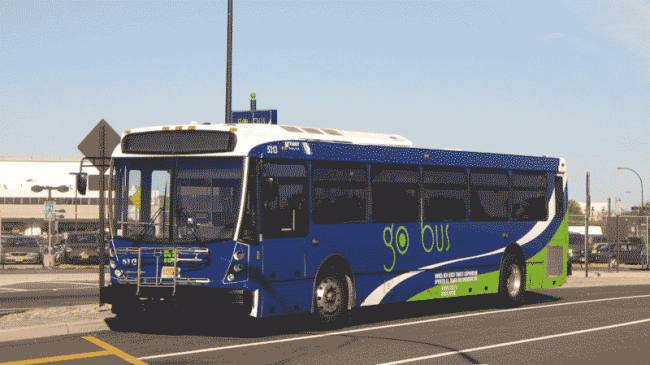The final Reason Foundation surface transportation policy recommendation suggests that the Federal Transit Administration (FTA) amend its treatment of HOT lanes and busways. This document joins the other seven recommendations as part of a series that suggest free-market improvements to America’s transportation system.
This proposal is aimed at encouraging large metro areas to implement seamless networks of priced express lanes (HOT lanes) serving both express buses and toll-paying motorists. It would tweak Federal Transit Administration policy in two ways. First, it would equalize FTA’s treatment of HOT lanes produced by converting HOV lanes (which today count as “fixed guideway miles” for transit funding purposes as long as transit buses use them) and HOT lanes produced by new construction (which FTA refuses to count). That’s nuts, especially if both the state DOT and the transit agency understand the benefit of a seamless network of such lanes. Hardly any metro area has HOV lanes on all its freeways that could be converted to HOT lanes; constructing a network will include many segments that are new construction—and FTA should get with the program.
The other part of this proposal, consistent with all HOT lanes being defined as “fixed guideway miles,” would be to open up FTA’s New Starts and Small Starts grants to virtual exclusive busways (i.e., HOT lanes), not just physically exclusive bus lanes. From the standpoint of fast, reliable express bus service, a variably priced HOT lane is the functional equivalent of a bus-only lane. Yet unlike a bus-only lane, a HOT lane comes with its own, ongoing revenue stream. If this provision were adopted, transit agencies could partner with either the state DOT or a local toll agency, with each providing “equity” investments in a new-capacity HOT lane in addition to a revenue bond issue for the majority of the capital. The transit agency could use an FTA grant as its part of the equity. If and when the HOT lane generates revenue in excess of debt service and O&M costs, the transit agency and the DOT could share the net revenue in proportion to their equity investments.
The full policy recommendation is available here.

